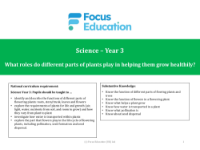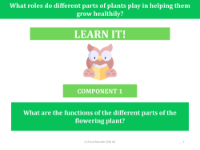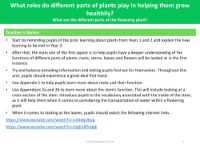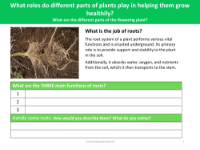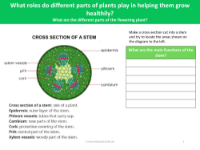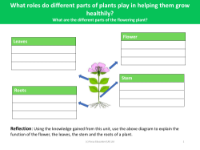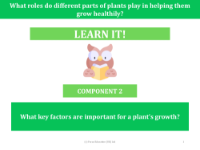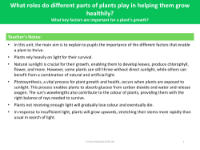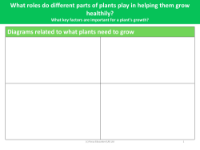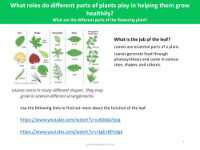What do plants need to survive? - experiment - worksheet
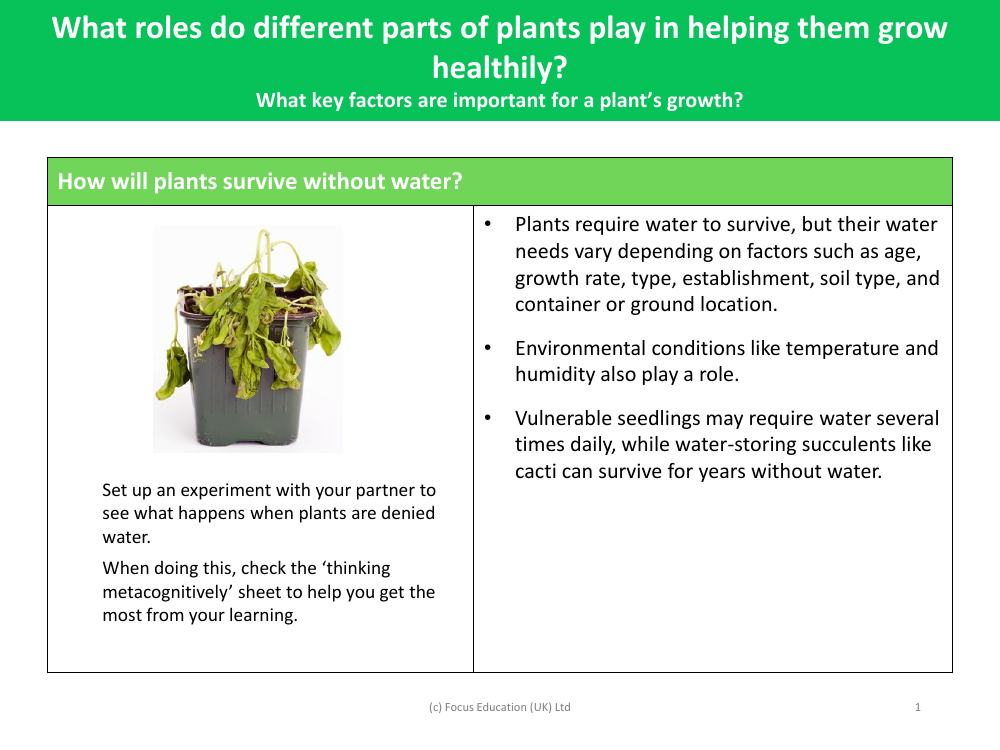
Science Resource Description
Understanding the essentials for plant survival is crucial, and water is one of the key elements that plants need. However, the amount of water required can vary widely based on several factors including the plant's age, growth rate, species, how well it's established, the soil type, and whether it's planted in the ground or in a container. Additionally, environmental conditions such as temperature and humidity significantly impact a plant's water needs. For instance, young seedlings might need watering multiple times a day, whereas succulents, which are adapted to store water, can go for extended periods without any water. Students are encouraged to conduct an experiment with a partner to observe the effects of water deprivation on plants. During this practical investigation, they are advised to refer to a 'thinking metacognitively' sheet to enhance their learning experience.
Similarly, air is another vital component for plant life. Plants breathe in a manner akin to humans, relying on air to survive. While air is generally plentiful, certain conditions can limit the availability of clean, fresh air for plants. Stagnant air can be deficient in essential gases like oxygen and may contain harmful gases detrimental to plant health. The leaves of a plant need carbon dioxide to produce food through photosynthesis, and the roots require oxygen to absorb water and nutrients. If the roots are deprived of air, the plant may experience stress, which can be difficult to detect. Students are tasked with setting up an experiment to discover what happens when plants are denied air, using the 'thinking metacognitively' sheet to guide their learning process. These experiments aim to highlight the importance of different plant parts and the key factors that contribute to healthy plant growth.
